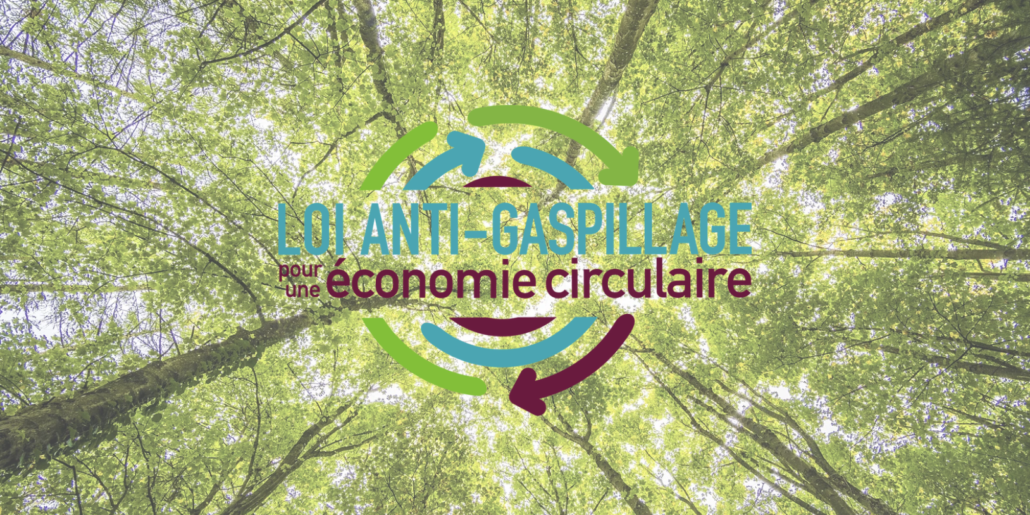
At a time when the circular economy is establishing itself as an essential model for meeting the environmental and economic challenges of the 21st century, its adoption in developing countries raises specific issues. Between structural constraints and sustainable development opportunities, the circular economy offers promising prospects for these countries, provided it is adapted to their local realities.
Background and challenges
Developing countries face major challenges in terms of resource and waste management. Rapid population growth, rampant urbanization and rising consumption are putting increasing pressure on often inadequate infrastructures. At the same time, these countries often have a highly developed informal recycling and repair sector, which provides an interesting basis for the deployment of the circular economy. The adoption of circular models could enable these countries to “skip” certain stages of linear industrial development, opting directly for more sustainable and resource-efficient solutions. This would represent a major asset for their economic and social development, while preserving their environment.
Specific challenges
-
Insufficient infrastructure
One of the main obstacles to the adoption of the circular economy in developing countries is the lack of suitable infrastructure, particularly for waste collection and treatment. Many cities lack efficient waste management systems, making it difficult to set up recycling and recovery channels.
-
Inadequate regulatory framework
Waste management and environmental protection regulations are often inadequate or poorly enforced in developing countries. This hinders the development of formal circular channels and can encourage informal recycling practices that are dangerous to health and the environment.
-
Lack of funding
The investments required to develop circular infrastructure and technologies are often beyond the reach of developing countries. Limited access to finance and the lack of viable business models are major obstacles to the adoption of the circular economy.
-
Low awareness
Awareness of environmental issues and the principles of the circular economy remains limited in many developing countries, both among decision-makers and the general public. This can hinder the adoption of circular practices and the demand for more sustainable products.
-
Predominantly informal sector
The informal sector plays a crucial role in waste management and recycling in many developing countries. Integrating these players into formal circular value chains represents a major challenge, both socially and economically.
Opportunities and levers for action
Despite these challenges, the circular economy offers many opportunities for developing countries:
-
Job creation and poverty reduction
The development of circular value chains can create numerous local jobs, particularly in the collection, sorting, recycling and repair sectors. This can help reduce poverty and improve living conditions for the most vulnerable populations. Example: In Brazil, the “Waste and Citizenship” program has formalized the work of informal waste pickers, improving their working conditions and income while optimizing urban waste management.


-
Preserving natural resources
The adoption of circular models reduces the pressure on natural resources, which are often overexploited in developing countries. This helps preserve biodiversity and local ecosystems. Example: In India, the Attero company recycles electronic waste to extract precious metals, thus reducing demand for mining while creating local jobs.
-
Improving public health
Better waste management and reduced pollution from industrial activities can have a significant positive impact on public health in developing countries.
Example: In Kenya, the social enterprise Sanergy transforms organic waste into fertilizer and animal feed, improving urban sanitation while creating jobs.
-
Frugal innovation and customized solutions
The specific constraints of developing countries can stimulate frugal innovation and the emergence of circular solutions adapted to local contexts. Example: In Bangladesh, the startup SOLshare has developed a solar microgrid system enabling households to share their surplus electricity with their neighbors, thus optimizing the use of energy resources.
-
Leapfrogging technology
Developing countries have the opportunity to “leapfrog” certain stages of linear industrial development by directly adopting more advanced circular technologies. Example: in Africa, many countries have adopted mobile telephony directly, bypassing the fixed-line stage. A similar phenomenon could occur with the adoption of innovative circular technologies.
Action levers to accelerate the transition
To overcome these challenges and seize these opportunities, several levers of action can be mobilized:
-
Strengthening regulatory frameworks
Governments in developing countries need to put in place regulations conducive to the circular economy, including waste management, extended producer responsibility and tax incentives for circular practices.
-
Infrastructure investments
Massive investment is needed to develop waste collection, sorting and recycling infrastructures. Public-private partnerships and international aid can play a crucial role here.
-
Training and awareness-raising
Training and awareness-raising programs need to be set up at all levels (decision-makers, businesses, general public) to promote the principles and practices of the circular economy.
-
Support for the informal sector
The integration of the informal sector into formal circular value chains should be encouraged, by recognizing and valorizing the skills of informal workers.
-
Promoting frugal innovation
Governments and international organizations must support frugal innovation and the development of circular solutions adapted to local contexts, notably through incubators and dedicated funding programs.
-
International cooperation
International cooperation and technology transfer are essential to accelerate the adoption of the circular economy in developing countries. North-South and South-South partnerships must be encouraged. To find out more about the circular economy, visit CircularPlace! #developingcountries #circulareconomy #environment #WeAreCircular
Read also
Questions about CircularPlace?



